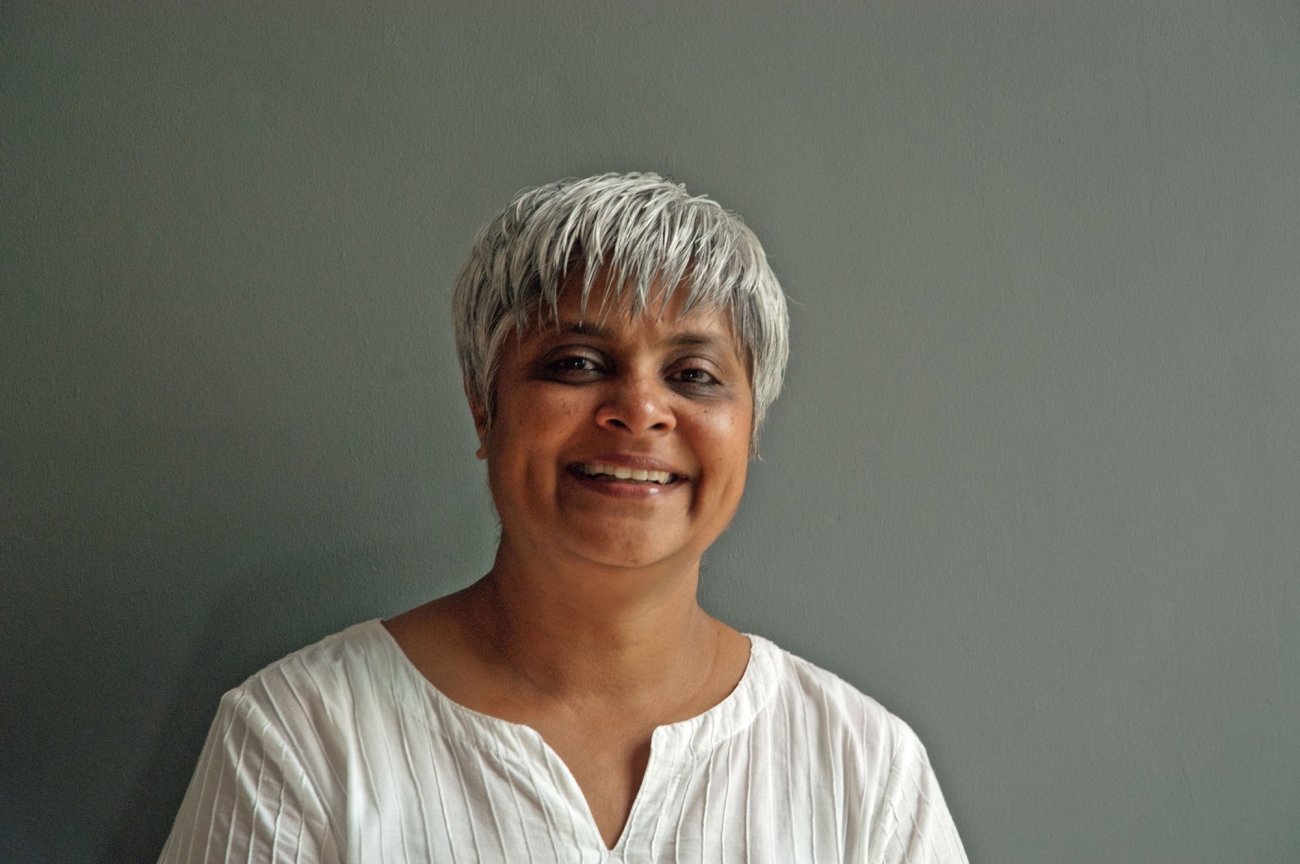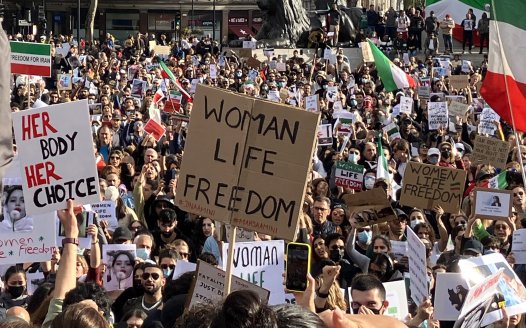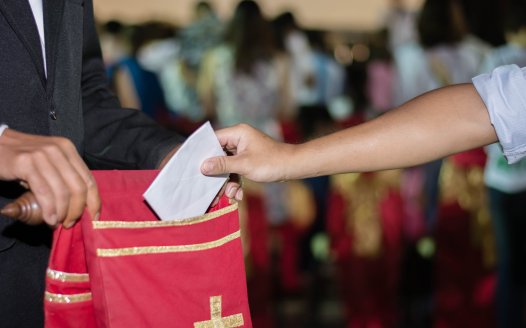Bradlaugh Lecture 2022: Feminists ‘must reclaim secular histories’
Posted: Wed, 5th Oct 2022
A leading campaigner on women's rights has urged feminists to "reclaim the secular histories" of past struggles at a National Secular Society event.
Pragna Patel, a founding member of secular feminist group Southall Black Sisters (SBS), was the guest speaker at the NSS's Bradlaugh Lecture, which took place on Saturday.
The Bradlaugh Lecture is an annual event named after NSS founder Charles Bradlaugh MP, which gives a distinguished speaker an opportunity to explore a topic of interest to secularists in depth.
At the lecture, which had to be moved online at the last minute due to train strikes, Pragna spoke about the history of black, Asian and ethnic minority women in the UK who campaigned against racism, poverty, and sexism.
She talked about the birth of SBS following the 1979 Southall Riots sparked by the racist murder of Gurdip Singh Chaggar. In 1984, SBS organised the first public protest on violence against women and girls in Southall, after local woman Krishna Sharma was driven to suicide after enduring years of abuse fuelled by religious and cultural values such as 'honour' and 'shame'.
By linking the experiences of Sharma with other South Asian women from different religious backgrounds, SBS were able to talk in "a secular language of universal justice" which built unity and solidarity across difference.
In the 80s and 90s SBS challenged the "multicultural model" which placed self-appointed religious leaders in positions of powers as "community gatekeepers and mediators", who used their new found positions to delegitimise secular feminist concerns and instead reinforce patriarchal power relations that stifled internal struggles for human rights.
Minority women's experiences of harms such as forced marriage, honour-based violence and marital captivity were only recognised by the state thanks to incessant campaigning and legal challenges from SBS.
Pragna said the multicultural model shifted to 'multi-faithism' following the Rushdie affair in 1989, which prompted SBS to set up Women Against Fundamentalism to defend Salman Rushdie and challenge the resurgence of religious fundamentalism and religious censorship.
She said multi-faithism has "fostered an environment that is conducive to new configurations of masculinity and patriarchal control radiating violence, fear and censorship", citing recent communal violence between Hindu and Muslim men in Leicester.
Pragna said her work in the last three decades has included challenging religious 'courts', faith schools, caste discrimination and sex segregation in public spaces.
Concluding, she said hope comes from "movements for self-determination led by ordinary women everywhere, more often than not, in the face of grave danger". She gave the example of the recent protests by women in Iran to "overthrow not just their hijabs but also the fundamentalist noose of oppression". She said Bradlaugh "would have been proud of the Iranian women".
NSS: "Fascinating and inspiring"
NSS chief executive Stephen Evans said: "Pragna's fascinating and inspiring talk is an important call to action to challenge religious authoritarianism and fundamentalism.
"As Southall Black Sister's history demonstrates, defending secular spaces and promoting secular democracy is essential to protect human rights – not just those of women from minority backgrounds, but everybody regardless of sex, ethnicity, culture or beliefs".
Read Pragna Patel's recent response to the Islamist attack on Salman Rushdie this August
While you're here
Our news and opinion content is an important part of our campaigns work. Many articles involve a lot of research by our campaigns team. If you value this output, please consider supporting us today.








